Cuba year 1971 stamps Fauna Insects / Bee Keeping complete set ☀ MNH (**)
Cuba, with its diverse ecosystems and tropical climate, is home to a wide variety of insects, including many species of bees. Beekeeping, or apiculture, has a long history in Cuba and plays an important role in agriculture and biodiversity conservation. Cuba is home to several species of native bees, including the Meliponini, commonly known as stingless bees. These bees play a crucial role in pollination and ecosystem health. Unlike honeybees, which were introduced to the island, native bees have adapted to the local environment over millennia. European honeybee, was introduced to Cuba during the colonial period. Honeybees are important pollinators for many crops, including fruits, vegetables, and coffee. Beekeeping with honeybees is practiced throughout the island, both commercially and by small-scale farmers. Beekeeping contributes to Cuba’s economy through honey production, beeswax, royal jelly, and pollination services. Honey and other bee products are sold domestically and exported, generating income for beekeepers and supporting rural livelihoods.


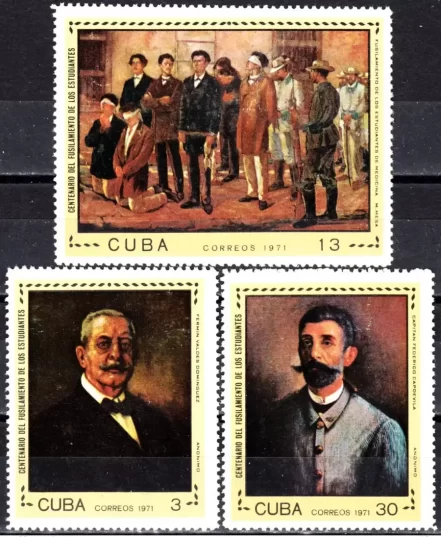

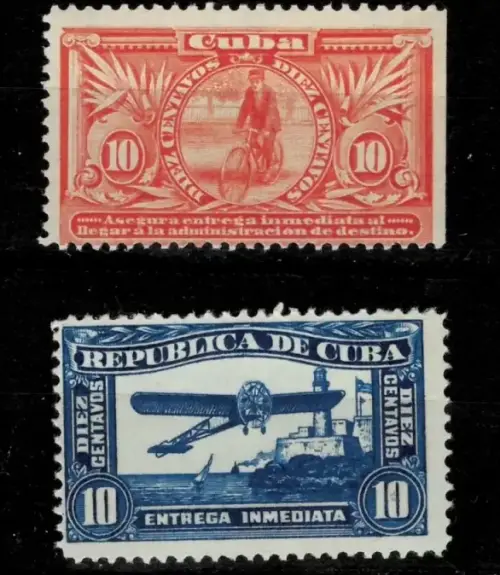
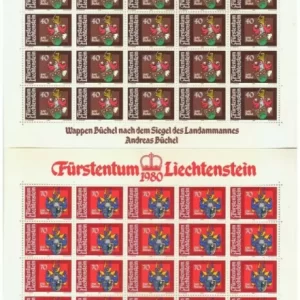
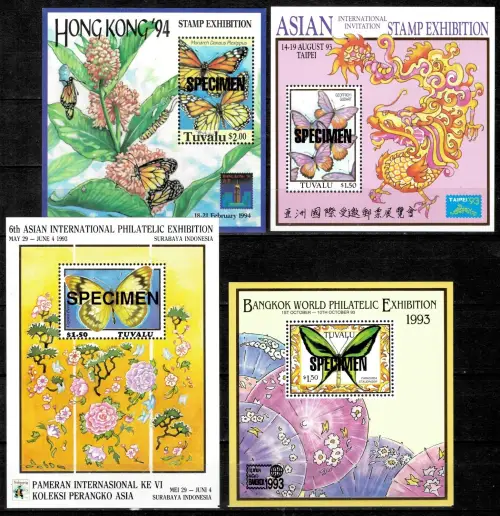
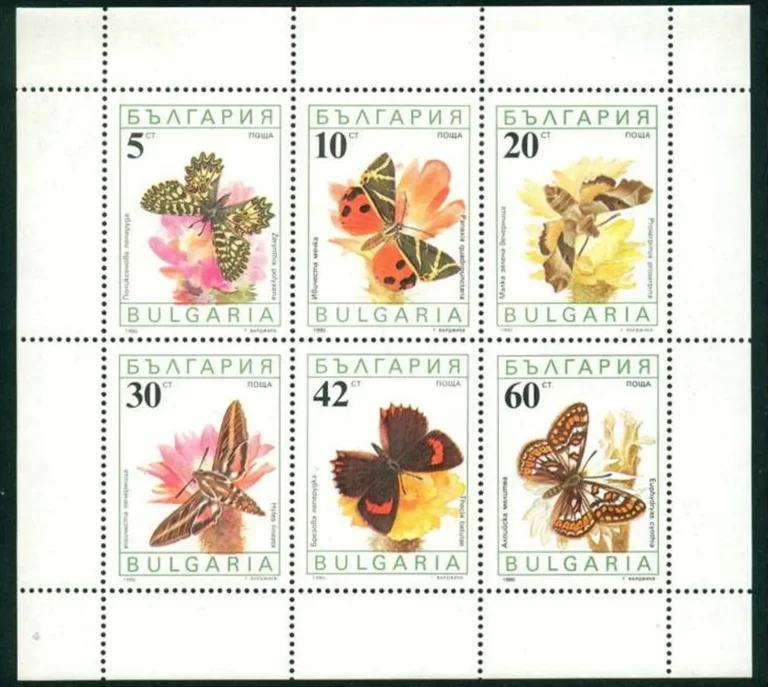
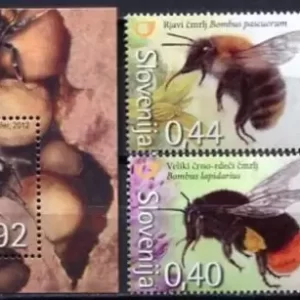
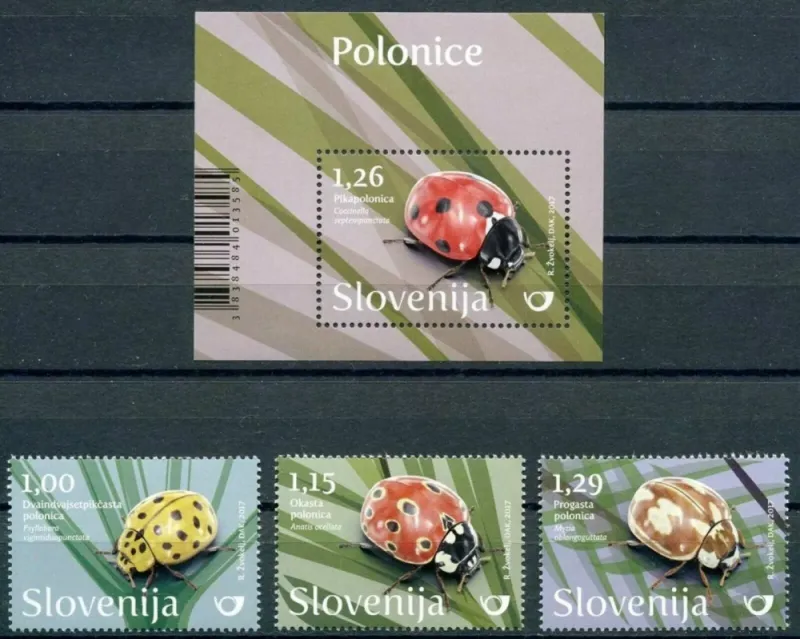

Reviews
There are no reviews yet.